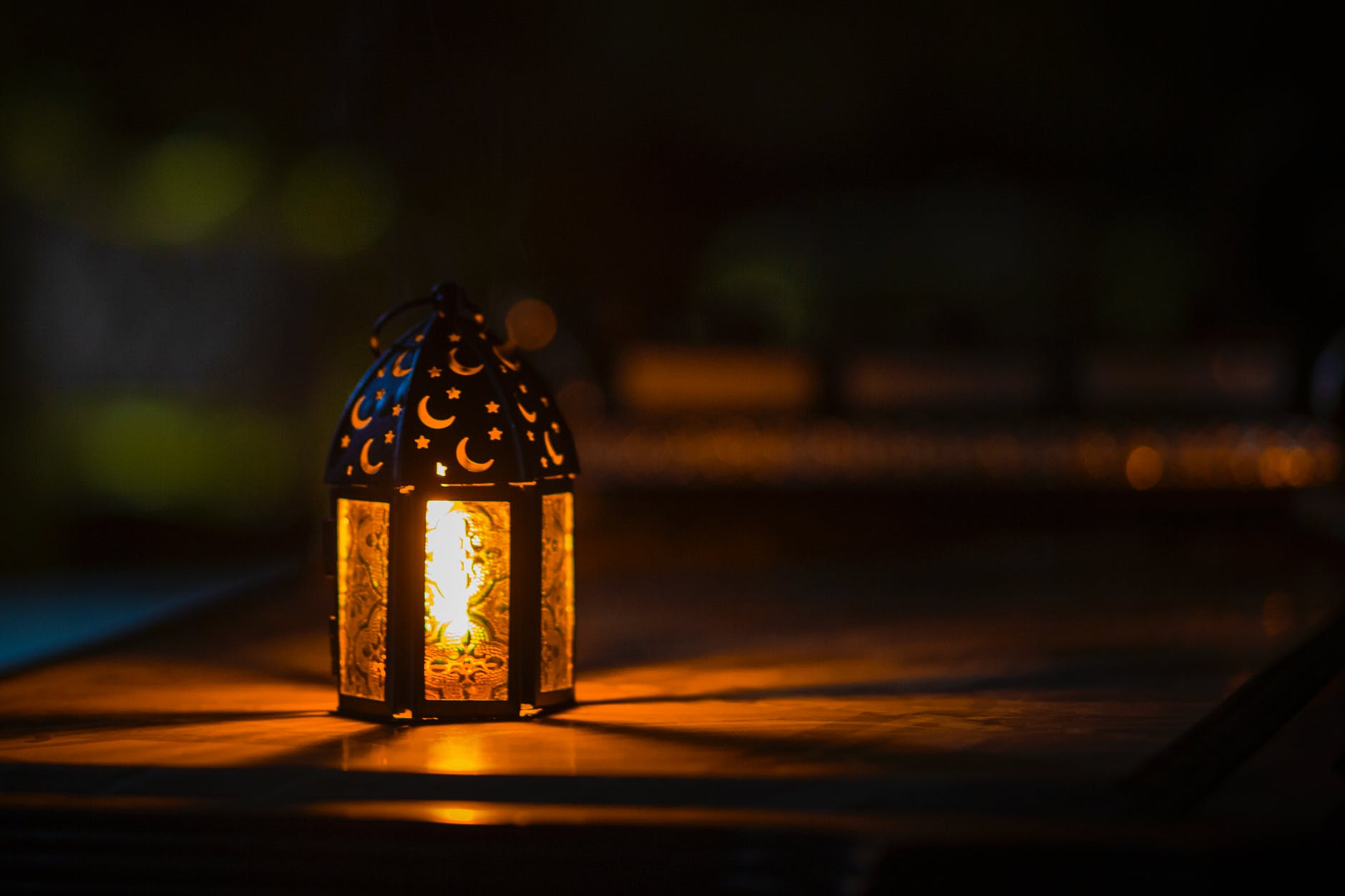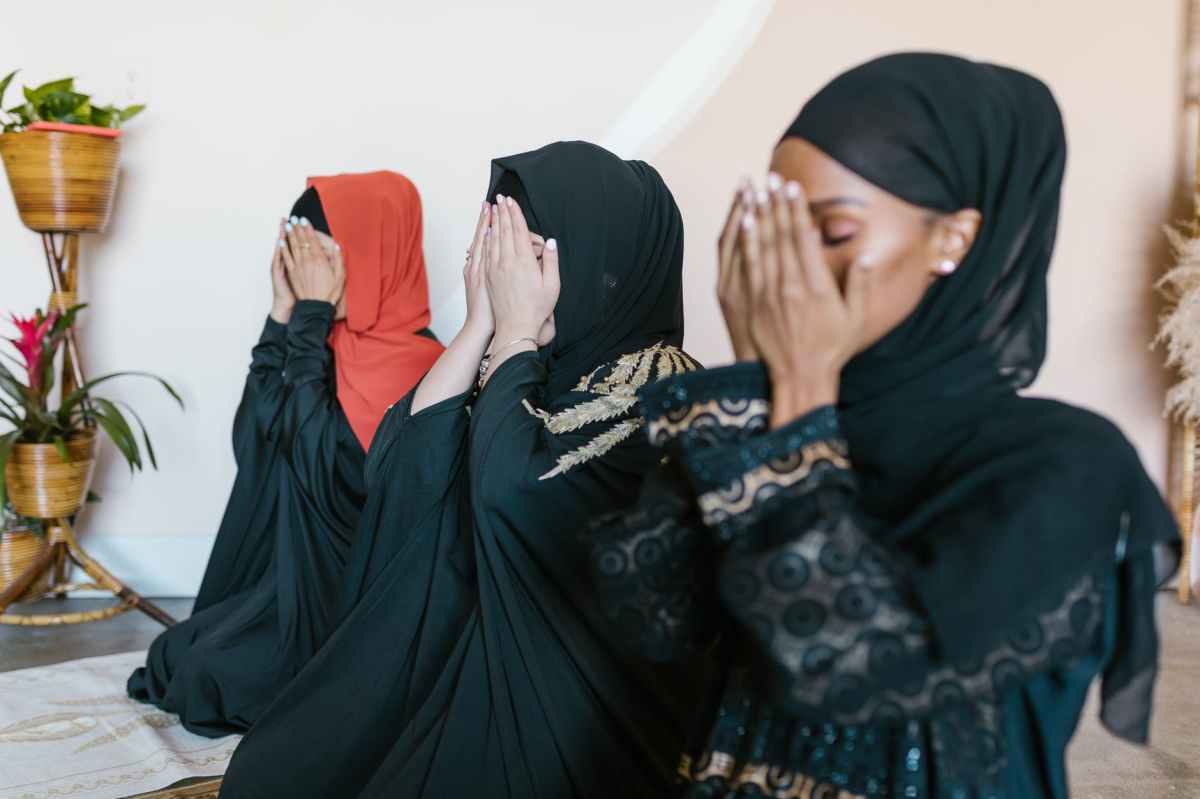Today marks the end of Ramadan, the holiest month in the Islamic calendar. One of the key obligations of Ramadan –and the one most familiar to non-Muslims — is fasting. For 29 to 30 days (depending on the lunar cycle), Muslims abstain from eating and drinking during daylight hours. They begin their fast at dawn – usually by eating a light meal known as Suhur – and end it once the sun has set with a meal known as Iftar. Not everyone has to fast — children, the elderly with medical conditions, those who are sick, and pregnant and breastfeeding women are exempted from fasting. Women can also break their fast during Ramadan if they are menstruating; they and any others who miss a few days of fasting for whatever reason can then “make up” for the missed days when the month is over.
But the fasting is not limited to food and drinks. “We also fast from unhealthy habits and bad behavior,” explains Neiveen Essam, MindNation’s Marketing Manager for the Middle East and North Africa. “These include smoking, swearing, gossipping, arguing, bullying, fighting, or being disrespectful, cruel or selfish.”
This just goes to show that the month of Ramadan is more than just depriving oneself of physical indulgences. Below is what Ramadan is actually about, and what we — regardless of our religious views — can learn from it.
“We use the time to reflect and improve ourselves… By doing this, we realize where we are and where we want to be.”
Neiveen Essam, MindNation’s Marketing Manager for the Middle East and North Africa
- It is a time of introspection.
Ramadan essentially pushes people to slow down from their fast-paced lives and recalibrate. “We use the time to reflect and improve ourselves,” says Neiveen. “We ask ourselves questions like ‘Do I like where I am in my life? What’s gone well over this past year? What more can I do? And what can I do less?’ By doing this, we realize where we are and where we want to be.”
What non-Muslims can do: Every so often, take a break from your regular routine and reflect on your life. Think about where you are now, what you’re doing, and your habits. Are you happy and content? If not, what can you do about it?
- It teaches empathy.
By going without food and water for an extended period of time, Mulims realize what it must be like for many people all over the world who experience hunger and thirst on a daily basis. “We learn to be more compassionate towards the less fortunate,” says Neiveen.
What non-Muslims can do: Develop a habit of gratitude. Take a few moments each day to consider at least three things you are grateful for. You can record them in a journal, or just allow them to absorb your thoughts.
- It reminds us to be generous.
Iftar before the COVID-19 pandemic was a festive time of day. Communities and organizations would prepare tables laden with food and set up chairs in public places so that anyone and everyone — most especially the needy — can eat for free. This year, such gatherings are banned because of social distancing measures, although most people continue the tradition on their own by ordering small Iftar meals from restaurants and distributing them to poor neighborhoods.
What non-Muslims can do: There are many ways to safely do charity work during the pandemic. If you want to serve in person, speak with your local churches or community groups to find out what opportunities are available; if you prefer to stay at home, gather and/or donate much-needed supplies to organizations in need. - It brings people closer together.
“Traditionally, people take Ramadan as an opportunity to meet and socialize, especially if they do not meet a lot throughout the year,” explains Neiveen. Families and friends share Iftar or Suhur in each other’s homes, with some even going to more than one home in the span of an evening. But because social gatherings are banned this year, many are connecting with their loved ones through digital platforms instead.
What non-Muslims can do: Video chatting is great, but if you want to make your weekly calls with family and friends more special, try hosting a game night just to spice things up. There are many options available online, from simple trivia games to classic board games that got virtual makeovers.

- It boosts your spiritual well-being.
Fasting from bad behavior, reflecting, and being charitable are all ways we can find meaning in our lives and become more motivated to become better people. “It is very easy for God to just tell us to donate to the poor,” Neiveen says. “But by telling us to fast, He lets us really feel what the less fortunate are feeling so that when we DO donate, it is more sincere and impactful.”
What non-Muslims can do: Find your Ikigai — what is your reason for getting out of bed each morning? Answering this question will lead you down a road where you will think more in-depth about yourself and allow you to notice things about yourself that will help you achieve fulfillment. Read more about Ikigai here.
Even though Ramadan only lasts a month, it is possible to carry its lessons throughout the year. “Once you learn the lessons, be consistent,” Neiveen advises. “Always remind yourself that not only can you be a good person, you can be a better person by continually practicing good habits and abstaining from bad ones.”
24/7 teletherapy sessions with psychologists and WellBeing Coaches are available for those living in the United Arab Emirates. Message bit.ly/mn-chat to book a session now. Sessions for the rest of the Middle East and North Africa coming soon!

